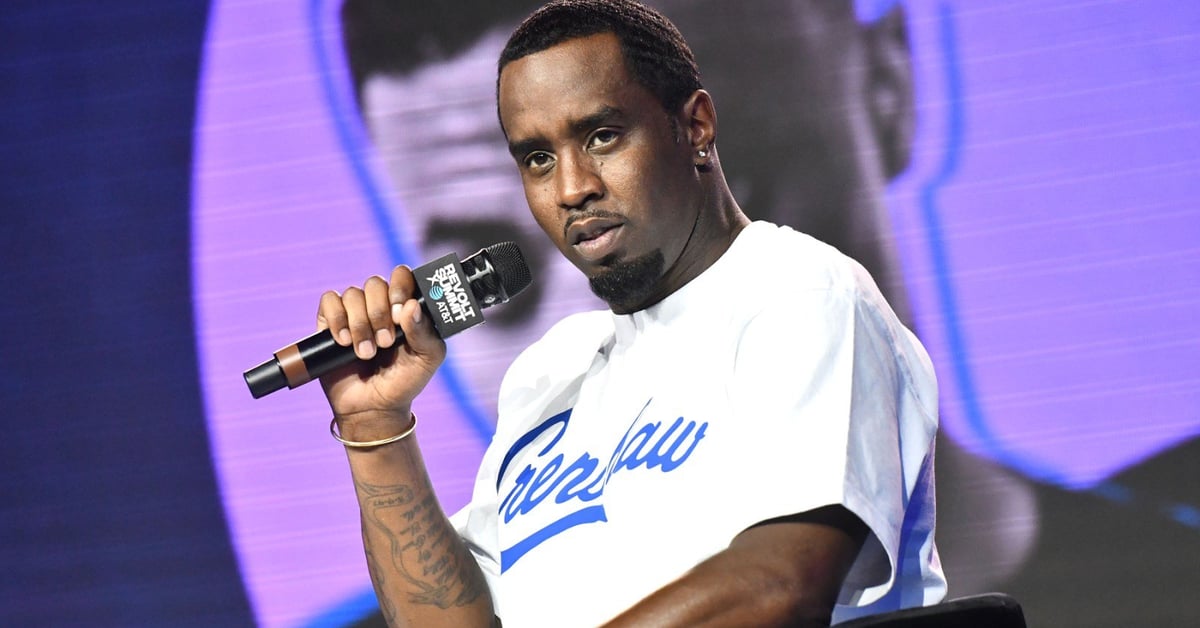Sean Combs Receives 50-Month Prison Sentence: Key Details Inside

Sean “Diddy” Combs Sentenced for Exploitation and Abuse
Sean “Diddy” Combs, the influential music figure recently convicted for transporting his ex-girlfriends and male escorts across state lines for extensive, drug-fueled sex marathons dubbed “freak-offs,” was sentenced to four years and two months in prison. This marks a significant and troubling chapter in his dramatic fall from grace.
The Sentence and Court Remarks
U.S. District Court Judge Arun Subramanian emphasized the sentence was aimed at sending a clear message regarding exploitation and abuse against women. The punishment was notably harsher than Combs’ defense requested. As the sentence and a $500,000 fine were handed down, Combs appeared somber and reflective.
The defense had initially sought a more lenient term of 14 months, arguing that Combs’ actions stemmed from a traumatic childhood and severe drug issues. They maintained that his conviction was unique under federal law, lacking any direct “profit motive” or involvement of pimps, brothels, or minors. In contrast, prosecutors highlighted that his motivation was rooted deeply in personal gratification.
Prosecutors’ Position
Prosecutors argued for a substantial sentence of 11 years and three months, describing Combs as “unrepentant” after subjecting his ex-girlfriends, Cassandra “Cassie” Ventura and another woman known only as “Jane,” to repeated violence and coercion. They cited recommendations from the federal probation department, which suggested a sentence ranging from 70 to 87 months.
Judge Subramanian noted, “A history of good works cannot erase the record that shows you abused your power over women you claimed to love.” He asserted that the psychological impact on these women was profound, leading them to contemplate ending their lives.
Combs’ Apology and Family Support
In his statement to the court, Combs expressed deep remorse. He apologized to Cassie Ventura, revealing, “I’ve been humbled and broken to my core.” Following his remarks, several of his adult children spoke on his behalf, asserting he was a changed man deserving of another chance.
Despite their pleas, Ventura’s attorney stated that while nothing could undo the trauma, the sentence acknowledged the seriousness of Combs’ offenses. Ventura has shown remarkable strength and resilience, inspiring many with her courage.
Conviction and Trial Details
Combs, the founder of Bad Boy Records, faced two counts tied to transportation for the purpose of prostitution under the Mann Act. His legal journey took a dramatic turn during a seven-week trial, where both Ventura and Jane testified about the abuse they endured. They described horrifying incidents where Combs exerted control over their lives, manipulating them into participating in sexual acts while being intoxicated.
Ventura documented the physical and emotional abuse in a victim impact statement, recounting her feelings of powerlessness. Jane also provided harrowing details, highlighting the violent nature of Combs’ behavior.
Community and Legal Impact
The trial revealed not just the personal abuse but a pattern of control and intimidation used by Combs. Witness testimonies from former associates painted a dark picture of Combs’ relationships, underscoring the broader issues of domestic violence and manipulation.
Assistant U.S. Attorney Christy Slavik argued Combs should not receive leniency, emphasizing the egregiousness of his actions. The prosecution presented extensive evidence during the trial, seeking to underscore the cyclical nature of abuse and its lasting consequences.
Final Thoughts
In his final remarks, the judge expressed serious reservations about Combs’ claims of change, given his history of violence. The defense’s arguments about overreach did not resonate with the court, highlighting the need for accountability.
As this narrative unfolds, many are left to ponder: how can society better support victims of abuse and hold perpetrators accountable? What steps need to be taken to prevent such situations from occurring in the future?





